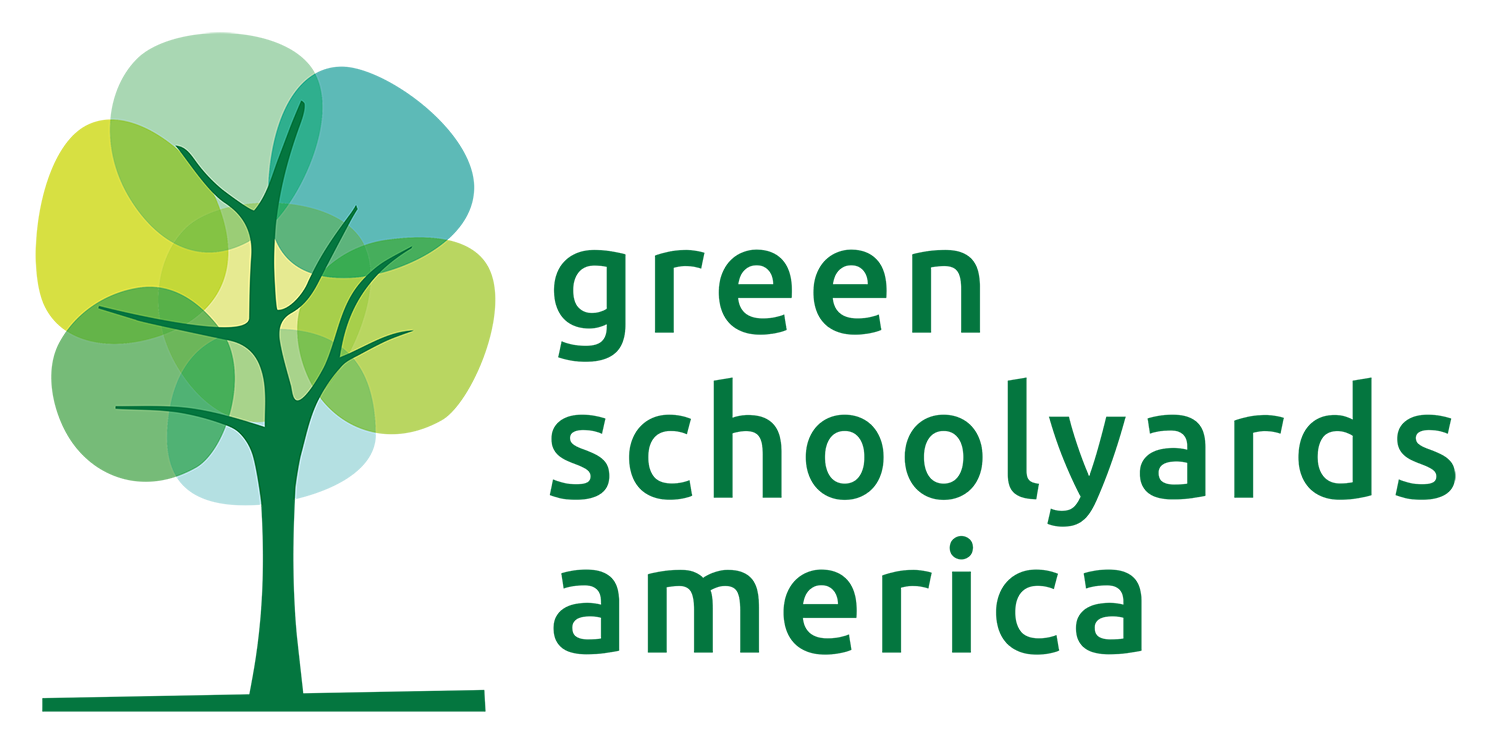Professional Learning for Teachers
Teaching outdoors on schoolyards and in local parks allows schools to reopen sooner and students to experience in-person learning more frequently in a safe and engaging context. Bringing students back to school is critical to address the severe equity issues and unfinished learning that have been disproportionately devastating in communities of color and those that are systemically under-resourced. Teaching outdoors provides the pathway back to school. Teachers need resources and explicit support to provide meaningful outdoor learning experiences. In this article, we outline what high-quality professional learning looks like. We also highlight professional learning programs and resources that will be especially useful to schools committed to using outdoor learning as an essential component of their reopening plans in response to the COVID-19 pandemic. Using the outdoors to bring students back to school also positions schools to achieve the long-term goal to permanently utilize outdoor learning as a central strategy for teaching science, in particular, as well as other subjects.
TWO APPROACHES TO PROFESSIONAL LEARNING
School systems can approach professional learning in two ways.
Community Partners. Schools and districts can look to regional, state, and national parks; national marine sanctuaries; universities; museums; aquariums; science centers; and community-based partners to provide professional learning experiences for teachers. Please see our articles on using community-based partners to support a return to in-person learning and guiding questions for finding and selecting a community-based partner.
Internal Resources. Many local education agencies have professional learning coordinators, curriculum and instruction directors, principals, teachers on special assignment, science resource teachers, or science specialists who routinely facilitate professional learning for classroom teachers. It is not likely in most local education agencies that these internal staff have specific expertise related to outdoor teaching and learning. For this reason, it will be especially important to provide them with excellent, vetted, research-based professional learning resources to share with teachers. It is not reasonable to expect these staff members to individually develop new professional learning experiences. This document is intended to do just that: to provide professional developers in school systems with resources to provide high-quality support for teachers with minimal advance preparation.
HIGH-QUALITY PROFESSIONAL LEARNING
High-quality professional learning resources should be designed based on research about cognition and how people learn. Like high-quality curriculum for students, professional learning experiences and materials should be developed by a team with expertise in multiple areas such as equity and social justice, teaching, adult learning, literacy, content, and assessment. Professional learning resources intended to support outdoor teaching and learning should be designed, tested, revised, and evaluated specifically for teaching in the outdoors (rather than designed for classroom teaching and adapted for the outdoors). Professional learning experiences are most effective when they center equity, allow educators to explore both the academic content they will be teaching and the pedagogical approaches they will be using, facilitate a culture of reflection and ongoing learning, and include structured opportunities for follow-up experiences. Most importantly, high-quality professional learning experiences should model and demonstrate the concepts and pedagogy that they are exploring and promoting. For example, when it comes to science, lecturing about investigations or the learning cycle, reading about leading discussions, or watching videos about NGSS-aligned teaching outside just will not do.
Program Highlights
For more information on professional learning programs that support outdoor instruction, see our Professional Learning Highlights.
Credits
This article was written by Craig Strang of The Lawrence Hall of Science at University of California, Berkeley.
National COVID-19 Outdoor Learning Initiative
The National COVID-19 Outdoor Learning Initiative supports schools and districts around the country in their efforts to reopen safely and equitably using outdoor spaces as strategic, cost-effective solutions to increase physical distancing capacity onsite and provide access to abundant fresh air. The Initiative seeks to equitably improve learning, mental and physical health, and happiness for children and adults using an affordable, time-tested outdoor approach to keeping schools open during a pandemic.










